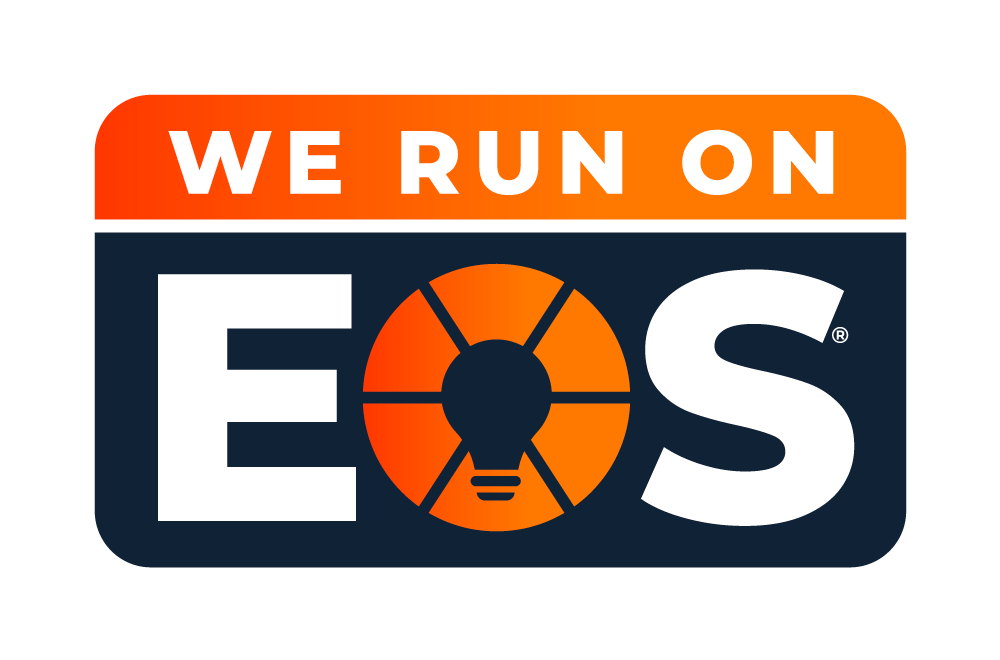Executive coaching has become popular in the past decade, with the market currently valued at nearly $30 billion annually. Undoubtedly, a CEO coach can help business executives to improve their performance, thereby scaling their companies. But do you really need another CEO coach, will it actually help you scale?
A coach can work with you as a CEO to set goals, harness the right mindset, and identify the company's vision. All of these are critical in helping you scale. However, the problem with CEO coaching is that it requires more time, energy, and assistance from you vs freeing up time and energy. This can be challenging, especially for CEOs who already feel overwhelmed.
To help you on your journey to scale, this guide walks through some pros and cons of coaching and presents the alternative that you might be missing.
What Are the Pros and Cons of CEO Coaching?
CEO coaching partners you as the CEO with an experienced executive who provides advice for improvement. CEO coaches are professionals who specialize in advising executive-level CEOs by helping them to identify challenges or problems and find solutions.
Pros of CEO Coaching
Getting Honest Feedback
It's commonplace for CEOs to give employees feedback. Nonetheless, CEOs rarely receive feedback about their leadership from employees. CEO coaching is an excellent way to receive honest feedback about your performance. The coach's job is to evaluate your actions and behaviors and provide tools for strengthening them.
Coaching Is a Discovery Process
CEO coaches provide detailed feedback concerning their clients' traits, behaviors, and performance. In doing so, they can lead you on a self-discovery journey. As a CEO, coaching allows you to access the tools needed for self-reflection. The coaching process may entail assessments, practice scenarios, theoretical problem solving, and personal reflections that enable you to discover what kind of leader you are.
Developing Stronger Leadership Skills
CEOs encounter challenging scenarios in their daily work which require elite problem-solving skills. Some of the skills you can gain from executive coaching include:
-
Communication Skills — You can only take your company to the next level if you communicate clearly. The messages you convey should nurture growth, inform, and inspire your team. Communication skills also come in handy in negotiations and public speaking.
-
Strategic-Thinking Skills — Every CEO needs to be a strategic thinker. As a CEO, you constantly need to formulate strategic solutions and manage your teams, design campaigns, and launch projects. CEO coaching helps you to sharpen your strategic-thinking skills and avoid shortcomings.
-
Leadership Skills — A CEO needs to be a strong, goal-oriented, focused, organized, and compassionate leader. Target Corporation CEO Brian C. Cornell is an excellent example of a CEO who became a better leader after executive coaching. He concedes that the practical steps and unique insights made him a better leader.
-
Decision-Making Skills — CEOs are the final decision-makers in most organizations. For this reason, they should be assertive and stand by the decisions they make. When faced with difficult circumstances, they should assess their options and choose what's best for their company. Executive coaches help their clients to embrace decisiveness.
Cons: Why Hiring a CEO Coach Doesn't Always Work
Despite its numerous benefits, hiring a CEO coach alone can't help your business overcome its challenges and move to the next level. Even after undergoing CEO coaching, you still need…
-
The right leadership team to help you drive the company forward.
-
The right tools to implement what you learned
-
Practical hands-on help to take the weight off you and remove work from your plate.
It's challenging to balance coaching and your everyday role as a CEO. In the end, coaching may not allow you to go back to being the growth-focused CEO you've always wanted to be.
Hiring a Coach vs. Hiring Your Counterpart
A dilemma CEOs face is whether to hire a coach or their operationally minded counterpart. Before you engage a CEO coach, consider your goals and desired results. The main difference between hiring a CEO coach and engaging an operations counterpart is that the coach simply coaches you, whereas the counterpart works with you to actually implement your vision.
Coaches help you pinpoint roadblocks and come up with solutions you may not have crafted working alone. On the other hand, a counterpart takes ownership of your plans and executes part or all the plans. Coaches only guide and mentor, but they don't tell you what you should do, and neither do they do it for you.
When looking to take their companies to the next level, most CEOs seek help from people who can get in the trenches with them. Unfortunately, that's not what coaches offer. A coach isn't someone who will jump into the deep end with you and agree with all your ideas. Instead, they will challenge your view of reality and help you achieve the desired results by questioning your thoughts and actions.
This is where an operations-focused executive can work with you to take your refined vision into the workforce and actually put it into action.
Summing Up
Most CEOs have a lot of interest in executive coaching and its value. And while coaching helps business executives uncover new meaning and in-depth awareness of their strengths and weaknesses, that’s where it stops.
If you prefer an excellent operations counterpart that helps you not just strategize but also execute your vision, look no further than Unleashed CEO. We know just how impactful this counterpart is because we’ve helped hundreds of Entrepreneurs scale with time freedom. Book a call to learn more about our process so you can be on your way to becoming an Unleashed CEO.


